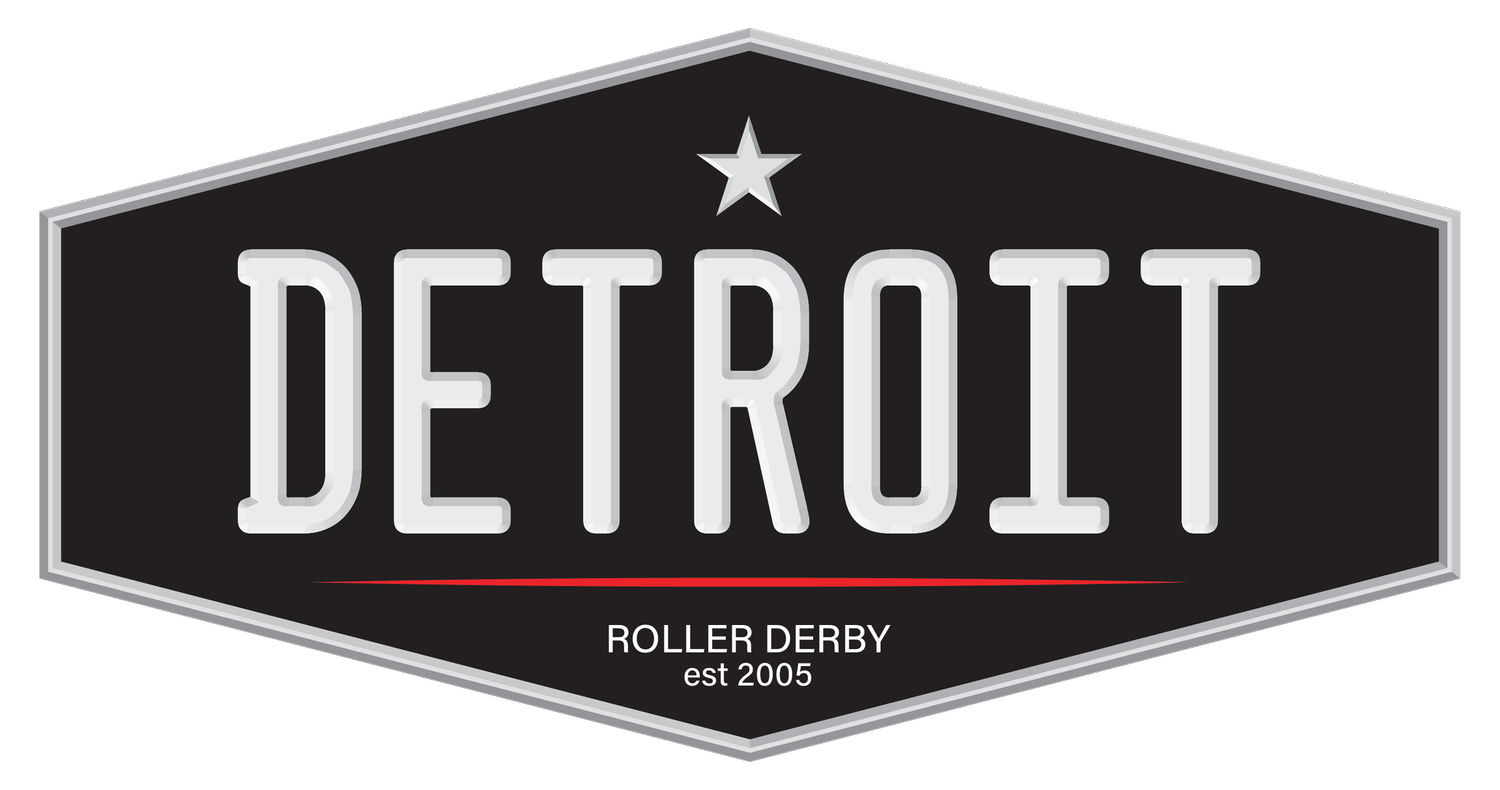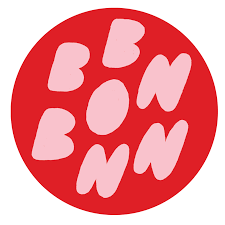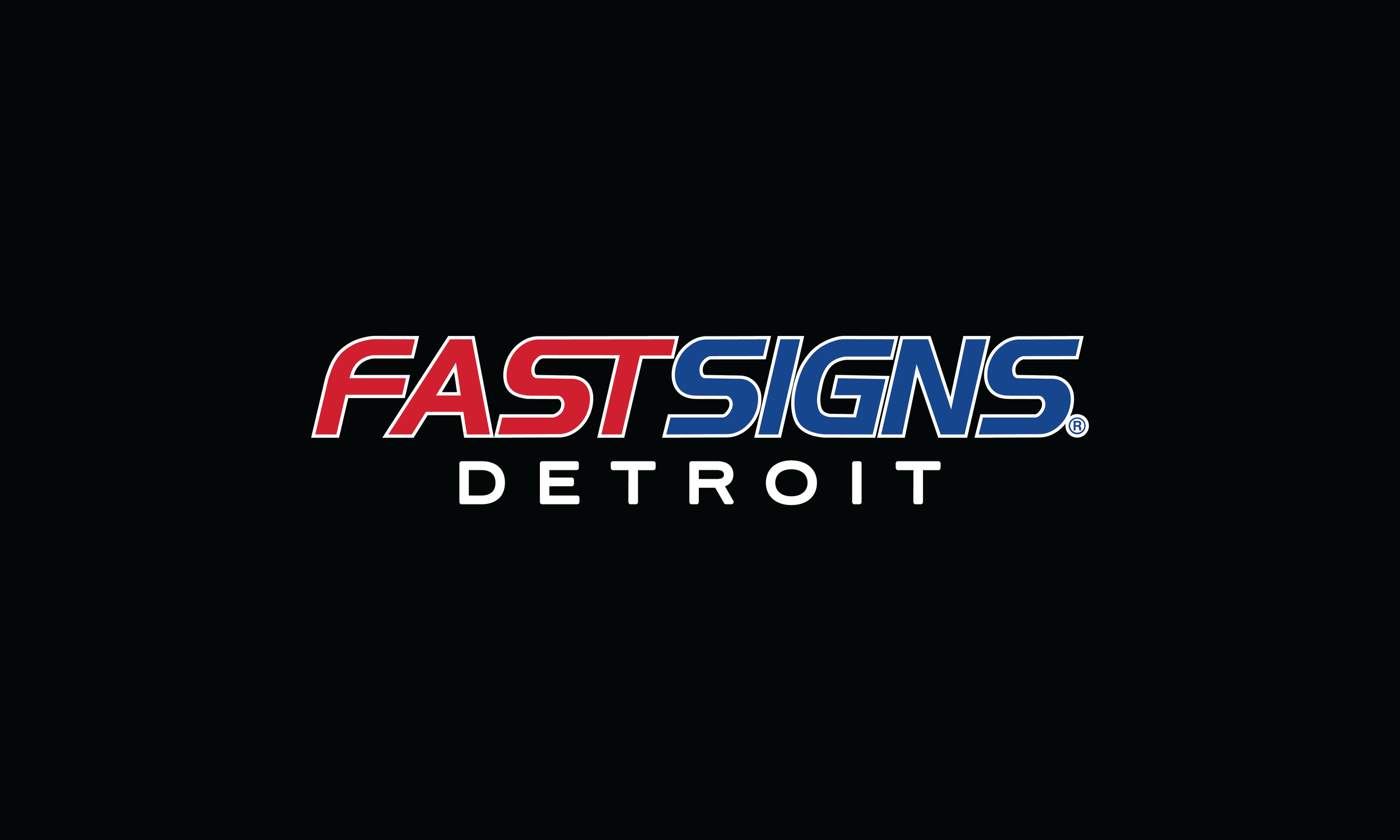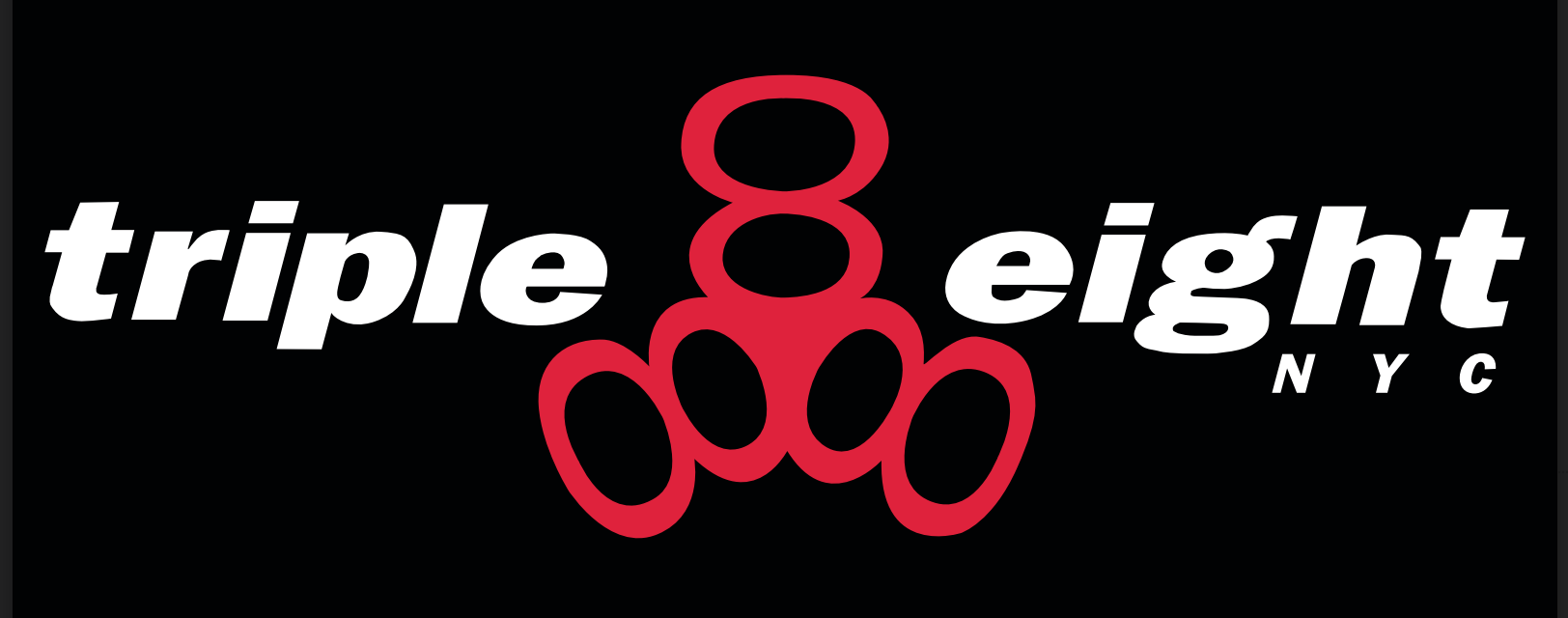The Project Play Initiative
Watch to learn more about Detroit Junior Roller Derby’s partnership with Project Play in the Detroit community.
Photo Credit: David Randall
Junior Roller Derby
BE A PART OF THE FUTURE OF ROLLER DERBY!
We are Detroit Roller Derby’s NEW co-ed junior roller derby league for kids and teens ages 7 to 17. Our league is proud to help develop the next generation of roller derby athletes!
Detroit Junior Roller Derby will encourage and enrich children and teenagers in developing character, confidence, leadership, social and athletic skills.
Learn about roller derby, junior roller derby skill levels and the gear you need to get started.
Questions? Email us at jrs@detroitrollerderby.com
DETROIT JUNIOR ROLLER DERBY SKILL LEVELS
Detroit Junior Roller Derby adopts the skill levels as laid out by the Junior Roller Derby Association. Skaters will be taught everything they need to be successful. Below are the different skill levels that we will use to group skaters and ensure that they are safely skating with those of the same skill level.
Beginning skaters are learning to skate and practicing basic safety, skating, stopping, and falling. They do not play derby, but focus on learning basic skating skills and the very basics of derby.
Skill Level 0
Level 1 skaters are becoming masters of their skates, learning basic gameplay and teamwork, and beginning to scrimmage and bout positionally. They are beginning to learn more advanced rules and strategies. Skaters typically play exhibition games within their own league.
Skill Level 1
Level 2 skaters are playing using pushing contact only in scrimmages and games. They are learning advanced teamwork, rules and regulations, and strategic play; practices emphasize fluidity of motion and building skeletal muscular strength and endurance. Typically, skaters are age 9 or above when they are able to meet Level 2 requirements, but there is no set age requirement. They typically play regulation games within their own league, or scrimmages and exhibition games between leagues.
Skill Level 2
Skaters who pass the Skill Level 3 Assessment demonstrate adult level competency on skates and with the rules. Skaters practice, scrimmage and play using full-contact rules. Skaters play JRDA sanctioned games for inter-league rankings, and in JRDA tournaments and championships. In addition, are expected to help teach lower-level skaters and to be ambassadors for the league.
Skill Level 3
Junior Roller Derby FAQs
-
It is highly recommended that you carry primary health insurance for your Junior Roller Derby skater. Additionally, each skater will be required to obtain skater insurance. Skater insurance is limited and does NOT replace primary insurance. Our league utilizes WFTDA (Women’s Flat Track Derby Association) Insurance. Information will be sent to you regarding how to enroll your skater(s) once you sign up for our team.
-
There is a fee to participate. There is not a multi-skater or family discount. Fees will be paid in advance of each session.
-
Practices are typically held every Saturday from 10:00 A.M-12:00 PM. Practices are held in the drill hall at the Masonic Temple, 500 Temple St, Detroit, MI 48201.
-
Preparing for practice: Come prepared to work hard and have fun at each practice. Skaters should bring a water bottle, all of their gear, sneakers, and a positive attitude. Skaters should wear typical athletic clothing—such as capris or shorts and a t-shirt or tank top.
-
Good safety gear is essential to keeping our derby skaters safe. Below are descriptions of each piece of gear that skaters are required to have in order to safely play derby.
Helmet: Helmets are vital for the safety of the skater and as a preventative tool for possible concussions. We suggest outfitting your child with hard foam lined, multi-impact CPSC/ASTM helmet.
Wrist Guards: We suggest wrist guards with splints on both sides in order to best protect your child’s hands and wrists. These should be inspected frequently.
Knee Pads: Knee pads should also fit snug on the skater. Gaskets can also be used to minimize pain and to keep pads from sliding. Check knee pads regularly to make sure they have not worn out. Signs that knee pads need to be replaced include cracks, rips and exposed rivets.
Elbow Pads: Elbow pads, like knee pads, should also fit snug on the skater’s arms.
Mouth Guard: Good mouth guards are another way to prevent head and mouth injuries. Typical roller derby mouthguards are often also used for football and can be boiled and molded. If your child wears braces, a non-molded mouth guard may be optimal. Every skater must have his/her own mouth guard at every practice or they will not be allowed to participate.
Skates: Skate may not be inline skates, must be quad (i.e. 4-wheels).
Sneakers: Your child should have a good pair of sneakers for any off-skates training during practice.
-
It is important that gear is aired out, washed, or sprayed with a disinfectant spray after each practice. Not only does gear start to have an odor, it can carry bacteria.
-
Here are a few places where you can get derby gear. These businesses sponsor our league and offer discounts to our skaters, so make sure you tell them you are with Detroit Roller Derby!
All About Derby - 410 W Nepessing St #105, Lapeer, MI 48446
Anime to Skateboards - 13587 Eureka Rd, Southgate, MI 48195
Modern Skate & Surf - 1500 N Stephenson Hwy, Royal Oak, MI 48067
-
No, we will help you develop your skating skills at your own pace.
-
No, roller derby is played on derby skates (also known as quad skates). Quad skates enable the players to be agile on the track and allow for more control and stability.
-
Yes, definitely! Developing an alter-ego with a great derby name is part of the fun of playing derby. You can use your own name if you wish or come up with something completely unique. Need inspiration? Take a look at existing derby names. Think puns, favorite t.v. shows, famous people, plays on words, books you love. Be creative and have fun with it.
-
Skaters progressively work their way through several levels of play based on their skill set and what they are personally comfortable with. Beginners start by focusing on developing skating skills followed by positional blocking. Once a skater progresses up to Level 2 they are exposed to light contact with the emphasis on developing team blocking strategies. Finally, once they have passed their Level 3 testing, skaters are exposed to full contact play.
-
Safety is always a priority and skaters are required to wear all of the safety gear for each practice. Coaches perform a gear check prior to practices and also prior to bouts and scrimmages.
-
Junior coaches and staff will consist of current and retired members of Detroit Roller Derby and Detroit Men’s Roller Derby.



















